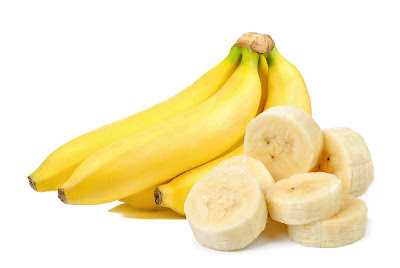This is the final article in September’s series on the grape harvest. Today’s blog discusses aromas & flavors of wine that are a direct result of the fermentation process. How can a wine smell like a banana? Why do Sauv Blancs often have a grassy profile? What is it about Champagne that causes many to have almond nuances? Did you know that all of these aromas and flavors occur because of chemical reactions during fermentation? Let me explain.
First, let’s talk about the banana smell and taste. This is a direct result of the fermentation process where yeasts change grape sugar into alcohol. The banana profile is the result of a chemical compound by the name of isoamyl acetate, a by-product of yeasts during fermentation. (Isoamyl acetate is used as an artificial banana flavoring in desserts). These banana aromas & flavors can be found often in Chardonnay and Pinot Gris, especially from warm climates where grapes are super ripe. Again, this is a result of the chemical changes during fermentation.
Aldehydes form during fermentation & are also present in grassHave you ever wondered why your Sauv Blanc is reminiscent of freshly mowed grass? The classical grassiness nose and taste is due to chemicals called aldehydes. These compounds, released during fermentation, evoke the smell of just-cut grass. Sauv Blanc grapes have the ability to produce high levels of aldehydes. Similarly, grass contains elevated levels of this highly fragrant chemical and cutting the grass releases it into the air.
The almond profile in the real-deal French Champagne is
also produced by yeasts as they change grape sugar to alcohol during
fermentation. During the process of
making Champagne the fermenting grape juice is often stirred. The chemical benzaldeyde is released during the fermentation process and it is
dramatically heightened during the stirring (“battonage”). Benzaldehyde tastes and smells like
almonds.
In summary, during fermentation yeasts eat the sugar
of the grapes and convert it into alcohol.
In this process of fermentation, thousands of various chemicals are
produced by the yeasts activities and they often influence the aromas and tastes of wine.




No comments:
Post a Comment